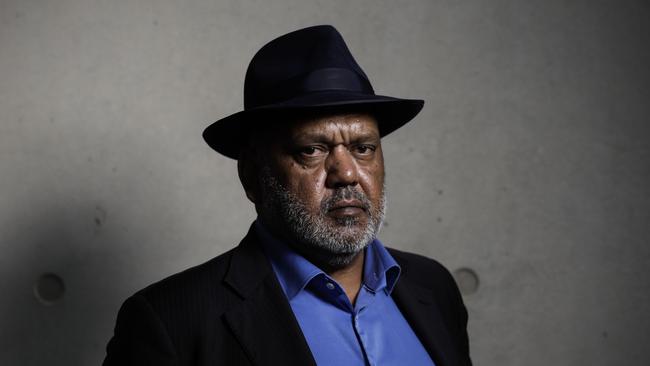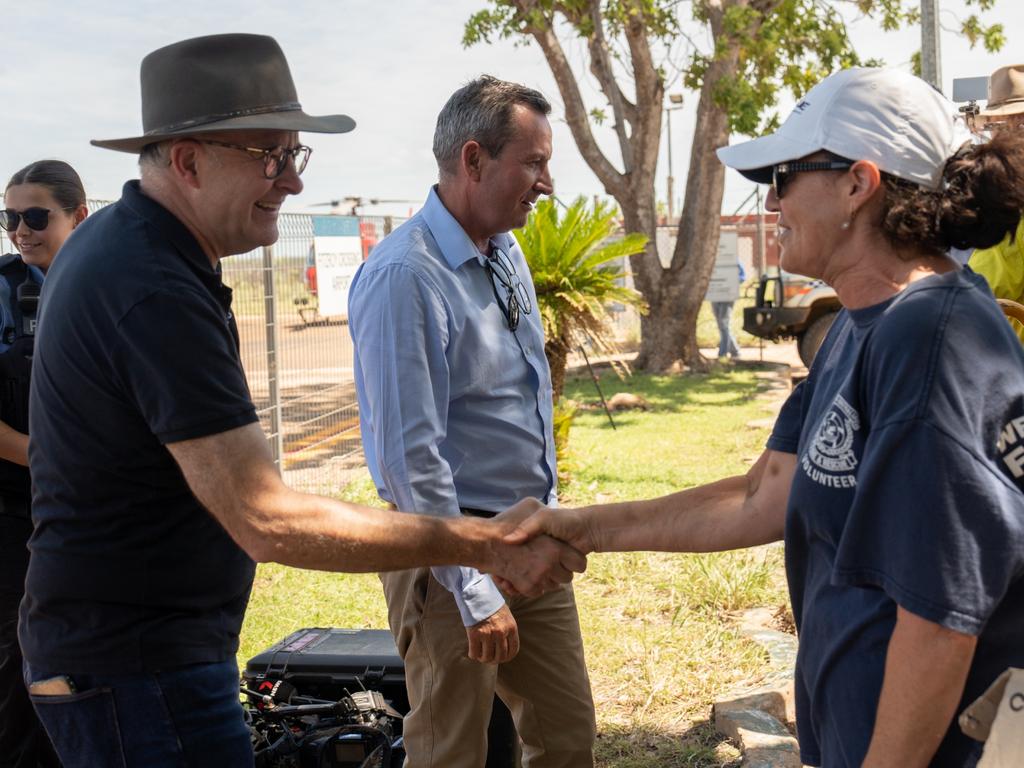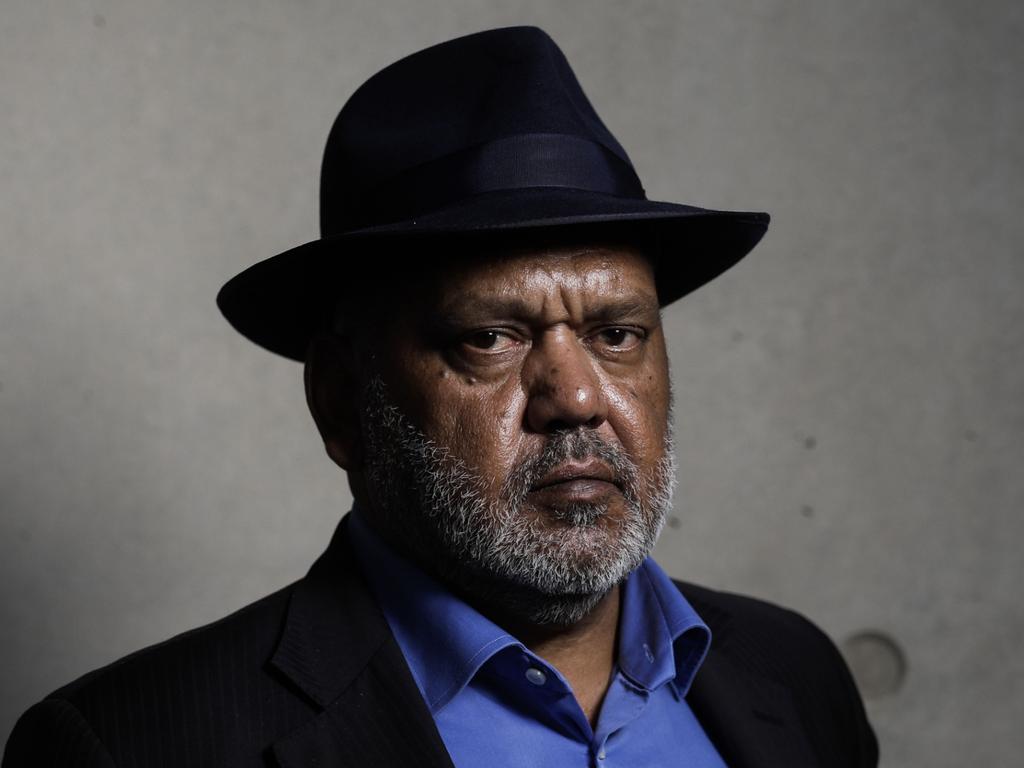Noel Pearson seeks welfare denial to end Indigenous truancy
Noel Pearson has called for welfare payments to be linked to school attendance in the wake of what he described as ‘appalling’ truancy data from northern Australia.

Noel Pearson has called for welfare payments to be linked to school attendance in the wake of what he described as “appalling” truancy data from northern Australia.
Mr Pearson – a key contributor to the Uluru Statement from the Heart – also renewed his calls for an overhaul of how reading is taught in Australian schools, and regional schools in particular, describing how some Indigenous children were teaching themselves to read through Facebook.
The Australian this week revealed data showing year 12 attendance rates as low as 10 per cent in predominantly Indigenous high schools in Western Australia’s Kimberley Region. The WA government has blamed Covid for exacerbating the figures.
He told The Australian those attendance numbers were appalling but not surprising, and that he believed the figures would be similar across Australia’s north.
Welfare management, he said, had been an effective tool in improving school attendance rates when trialled in northern Queensland.
While there has been focus in recent days around the impacts on remote communities from the Albanese government’s decision to scrap the cashless debit card, Mr Pearson said the welfare management system administered in parts of northern Queensland by the Family Responsibilities Commission represented a more subtle and effective approach.
Under that system, the parents of children who repeatedly miss school can be called before the commission of community elders who Mr Pearson said “put the wood” on them to exercise their responsibilities.
“The first resort is to counsel them to do the right thing, but if they don’t respond, the elders can intervene in relation to their welfare payments,” he said.
Rather than lose some of their welfare payments, a portion of that money is instead administered on the family’s behalf by the commission.
“If you don’t have a mechanism for obligating parents, then you’re going to fall short,” he said.
Mr Pearson, who heads the Good to Great Schools organisation, has also been campaigning for an overhaul in the way reading is taught in schools. He wants schools to embrace “explicit instruction” – a more traditional show-and-tell approach to teaching – instead of the modern “student-led inquiry’’.
Too many Indigenous children were still illiterate when they finished primary school, meaning they were doomed to fail by the time they reached high school.
He said he had heard of numerous instances of Aboriginal children who had taught themselves to read in order to use Facebook and other social media.
That showed that many children had a willingness and ability to learn to read but had not been able to do so within the existing education system.
“They’re not learning from the school but teaching themselves or teaching each other. That’s really sad, because those are the children who if they had been taught properly would have gone on and succeeded in high school,” he said.
“Their life prospects could have been so much different.”
Children who cannot understand their school work, he said, would grow demoralised and start dropping out.
“If you want to know where the disengaged youth of remote Australia comes from, it comes from that. The disengaged youth are the juvenile delinquents of tomorrow,” he said.
The ongoing decline in Indigenous school attendances in WA’s regions comes amid a rise in juvenile crime across the Kimberley and Pilbara. Increased numbers of police have been moved out to regional WA in an attempt to restore order.
Asked about the declining school attendance rates on Wednesday, WA Premier Mark McGowan said that while the WA Department of Education ran a dedicated program to help support Aboriginal children, it was up to parents across the state to take responsibility.
“If parents in the morning don’t get up and send their kids to school, they’re not doing the right thing by their children,” he said.
“We can provide all the resources in schools, all the support programs, all the education programs, but children need to attend.
“That’s why we have to have a culture in which this is understood by everyone across the community, irrespective of where you live, your background or your race, that you have a responsibility here.”








To join the conversation, please log in. Don't have an account? Register
Join the conversation, you are commenting as Logout